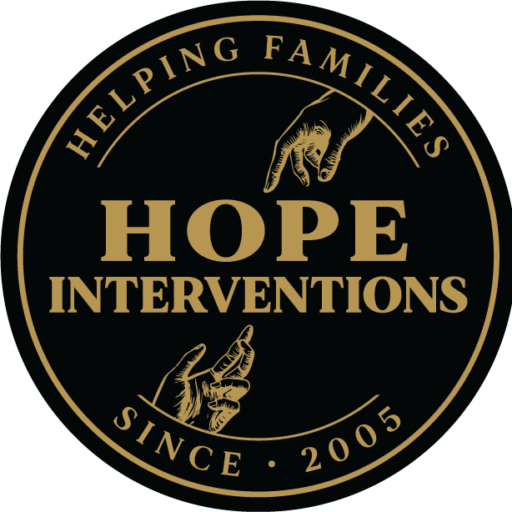Staging an intervention is one of the most important steps a family can take when a loved one struggles with addiction. Yet, many families hesitate, fearing the conversation will lead to conflict, rejection, or further distance. That’s where an addiction intervention specialist comes in. With professional expertise, compassion, and structure, specialists help families stage interventions that are safe, supportive, and more likely to succeed.
The Role of an Addiction Intervention Specialist
An intervention specialist is a trained professional who guides families through the process of confronting a loved one’s substance use. Their job is not about judgment—it’s about creating a structured opportunity for the individual to recognize the problem and accept help.
Specialists:
- Educate families about addiction and recovery.
- Lead the intervention meeting in a calm, structured way.
- Prepare family members to communicate effectively without blame.
- Provide treatment referrals and aftercare guidance.
How Specialists Help Stage an Effective Intervention
1. Preparing the Family
Before the intervention, the specialist meets with family members to discuss the situation, history, and goals. They help identify enabling behaviors, set healthy boundaries, and prepare written statements that express love and concern.
2. Creating a Structured Plan
Interventions are carefully planned, not spontaneous. The specialist ensures that:
- The right people are present.
- Each family member knows what to say.
- The meeting is scheduled at a safe and appropriate time.
3. Leading the Intervention Meeting
During the actual meeting, the specialist serves as a neutral guide. They keep the discussion on track, prevent conflict, and ensure the focus remains on love and recovery.
4. Offering Treatment Options
The ultimate goal of an intervention is to help the individual enter treatment. Specialists often partner with treatment centers and can help facilitate immediate admissions.
5. Providing Ongoing Support
Recovery is a journey. Interventionists support families even after the intervention, offering coaching, resources, and strategies for maintaining healthy relationships and boundaries.
Why Families Turn to Professionals
- Higher Success Rates: Professional interventions increase the likelihood that a loved one accepts treatment.
- Reduced Conflict: Specialists prevent the intervention from becoming a heated argument.
- Expertise in Addiction Dynamics: Interventionists understand denial, fear, and resistance.
- Family Healing: They guide the whole family toward healthier communication and recovery.
What Families Should Expect
When hiring an addiction intervention specialist, families can expect:
- An initial consultation to assess the situation.
- Guidance and coaching leading up to the intervention.
- Facilitation of the intervention meeting itself.
- Resources for treatment and ongoing family support.
Conclusion
Staging an intervention is never easy, but it can be the turning point that saves a life. An addiction intervention specialist brings structure, compassion, and expertise that transform a potentially difficult conversation into an opportunity for healing and hope.
At Hope Interventions, we help families stage effective interventions that empower loved ones to take their first step toward recovery.

